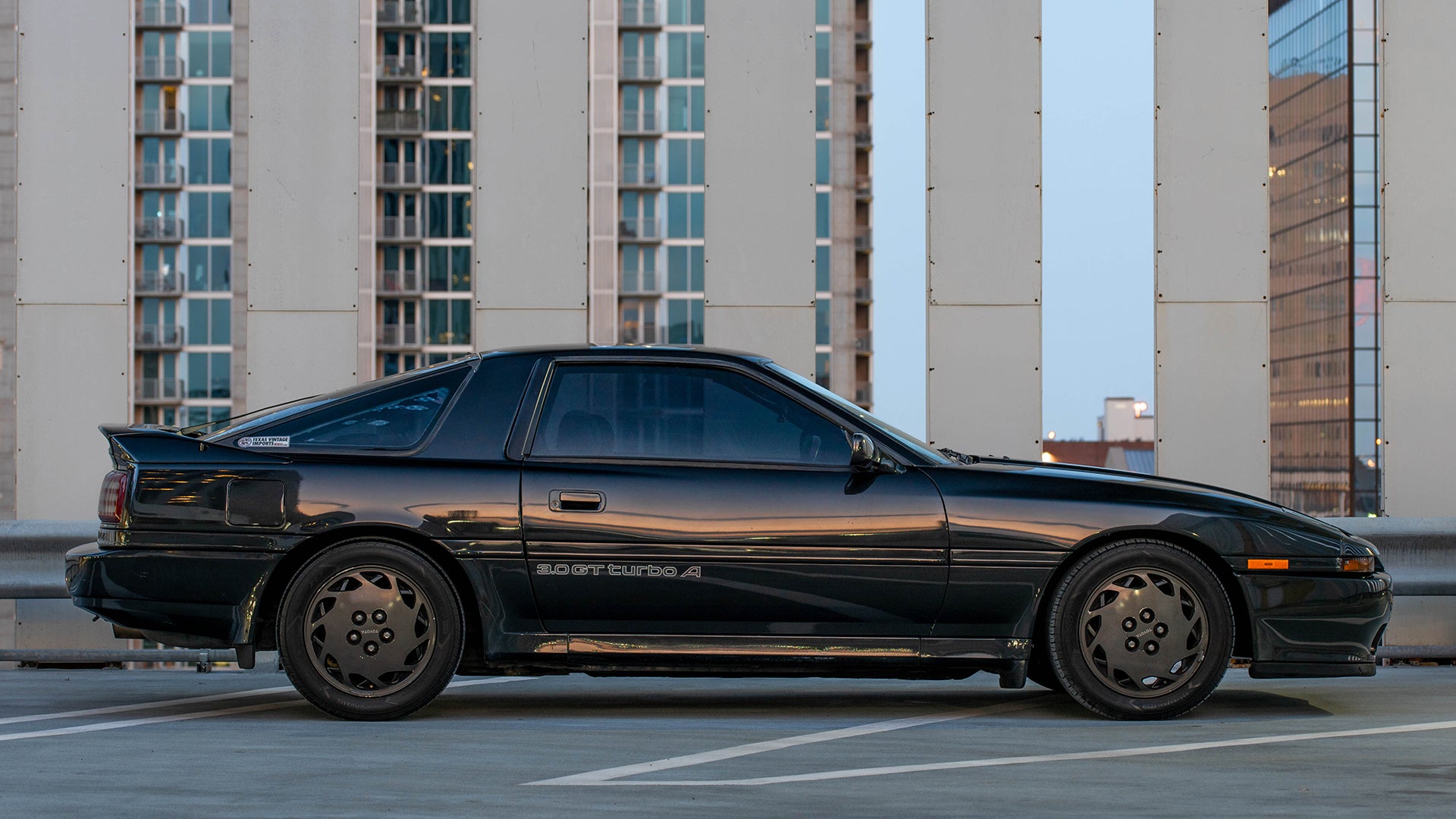

The first generation Supra was based largely upon the Toyota Celica liftback, but was longer by 129.5 mm (5.1 in).
MK3 TOYOTA SUPRA FONT SIGN SERIES
Some of the most notable appearances include the Gran Turismo and Need for Speed series of video games and the 2001 film, The Fast and the Furious. In 1999, Toyota ceased sales of the Supra in the United States and in 2002 Toyota officially stopped production of the Supra in Japan.Īs an iconic sports car, the Supra has appeared in numerous video games, movies, music videos and TV shows. That logo, in turn, was on Supras until 1991 when Toyota switched to its current oval company logo. The new logo was similar in size, with orange writing on a red background, but without the dragon design. This logo was used until January 1986, when the MKIII Supra was introduced. It is derived from the original Celica logo, being blue instead of orange. Interior aspects were also similar.Īlong with this name and car Toyota also included its own logo for the Supra. All four generations of Supra produced have an inline 6-cylinder engine. The first three generations were offered with a direct descendant to the 2000GT's M engine. The Supra also traces much of its roots back to the Toyota 2000GT with the main instance being its engine. Due to the similarity and past of the Toyota Celica's name, it is frequently mistaken for the Toyota Supra, and vice versa. In turn, Toyota also stopped using the prefix Celica and began just calling the car Supra. Starting in mid-1986, the Supra (in its third generation, MKIII) became its own model and was no longer based on the Celica. The styling of the Toyota Supra was derived from the Toyota Celica, but it was both longer and wider. The Toyota Supra is a sports car/grand tourer that was produced by Toyota Motor Company from 1979 to 2002.


 0 kommentar(er)
0 kommentar(er)
